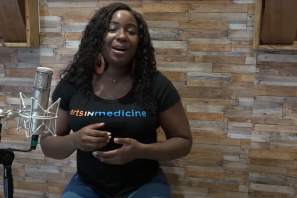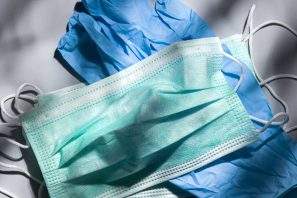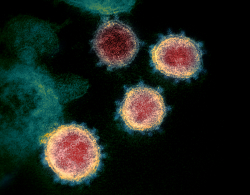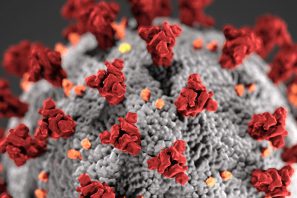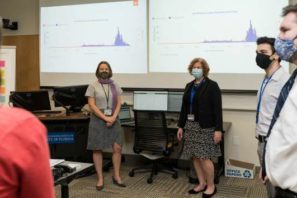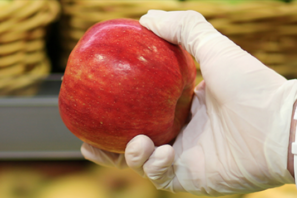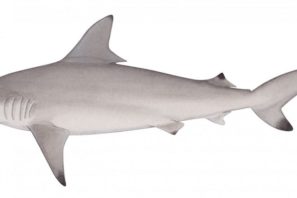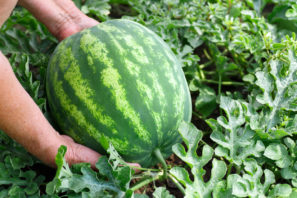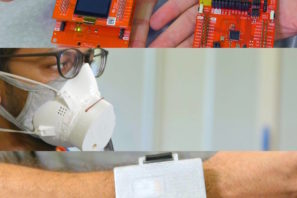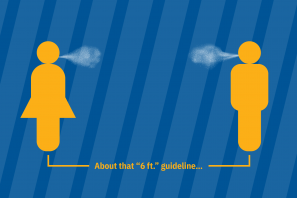Center for Arts in Medicine researchers help explore the effects of social isolation.
As laborers return to the fields this fall in Florida, both unauthorized workers and those authorized to plant and pick crops through a guest worker visa are vulnerable to the coronavirus.
Innovative coronavirus research underway at UF Health Jacksonville.
John Smulian, chair of the UF College of Medicine’s department of obstetrics and gynecology, provides important information on what is known about the novel coronavirus and pregnancy.
Researchers at the McKnight Brain Institute are working to provide resources for people with substance use issues that may have been negatively impacted in relation to COVID-19.
The trial is part of the national HERO Registry centered on COVID-19 investigations.
Cindy Prins, Ph.D., offers infection control assessments for UF entities who aim to resume activities throughout campus.
A multi-region, multi-institution research and outreach team investigating the impact of COVID-19 on food and agricultural systems will host a...
Shark attack numbers have sunk to dramatic lows, likely a side effect of closed beaches and widespread quarantines, according to experts at the University of Florida’s International Shark Attack File.
An editorial by UF professors, published in the American Journal of Public Health, casts a spotlight on the plight of guest agricultural workers during the pandemic.
A wristband that tells kids when they’re too close together at school. A wearable that detects a possible COVID infection before you feel sick.
As scientific voids go, it would be hard just now to find a more pressing question: How do the aerosols...

